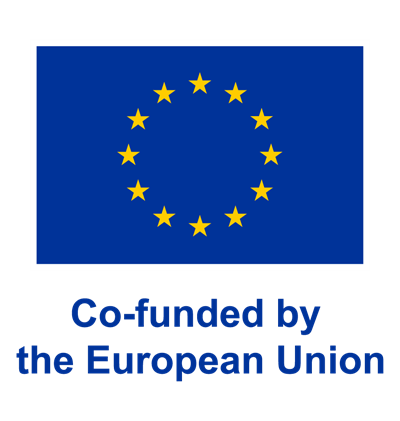About
Strengthening national surveillance systems in response to evolving global health threats through a comprehensive One Health approach.
Countries today face an urgent need to strengthen their national surveillance systems in response to evolving global health threats. The COVID-19 pandemic has underscored the importance of resilient and interconnected surveillance infrastructure that can detect, monitor, and respond to emergencies swiftly.
This project adopts a One Health approach—recognizing the link between human, animal, and environmental health—by fostering collaboration among laboratories and sectors through standardized protocols, legal frameworks, and data-sharing agreements.
Developing an interoperable system that consolidates data from diverse sources to improve accuracy and responsiveness.
Establishing clear MoUs and protocols for safe, efficient data exchange among stakeholders.
Implementing targeted surveillance to address the expansion of species like Aedes aegypti and Aedes albopictus, which pose significant cross-border public health risks.
Investing in improved IT infrastructure and training to strengthen national and regional public health responses.
By addressing current gaps in digitalization and coordination, this project aims to create a robust surveillance system that not only enhances early detection and targeted public health measures but also contributes to overall health security across the EU and neighboring regions.
Objectives and Goals
Contribute to the collective efforts of fortifying health security in Greece and across EU/EEA Member States.
Merge boxes into one:
Implement a One Health approach by uniting data from human, animal, and environmental health sectors
Develop standardized protocols, legal frameworks, and effective data-sharing agreements to ensure seamless data exchange.
Develop and improve preparedness plans and response protocols for vector-borne diseases, with a special focus on managing invasive mosquito species.
Enhance capacity building by strengthening the laboratories’ infrastructure (hardware/software), providing training for laboratory staff and comprehensive Public Health experts training
The Project
Is designed not only to provide immediate improvements in surveillance and public health response but also to build lasting, sustainable capacity for addressing serious cross-border health threats well into the future.
This project pioneers new approaches to cross-border public health by addressing legal and regional complexities and setting boundaries for cooperation among diverse agencies. By developing the One Health Integration Surveillance Network, we are increasing laboratory testing capacities across sectors and establishing a unified framework that can serve as a blueprint for similar initiatives in other countries.
A key innovation is the creation of an innovative Data Lake—a centralized repository that aggregates raw observational and forecast data from multiple sources. This resource will not only store historical data but also facilitate real-time analysis, driving evidence-based decision-making and enhancing the overall efficiency of surveillance operations.
Given the growing threat of vector-borne diseases under climate change, our project introduces novel approaches to mosquito surveillance and response. By integrating targeted monitoring of invasive species at points of entry, we are enhancing our surveillance and early detection efforts. This work delivers robust protocols that enhance Greece’s preparedness and strengthen proactive, evidence-based health security.
The project is set to launch innovative epidemiological training programmes that build practical experience with advanced outbreak and climate change response strategies. It includes short online training programmes and the first Greek FETP programme. Supported by ECDC, it strengthens regional capacity through hands-on training and practices.
By filling critical gaps in current surveillance systems and establishing a replicable model for cross-border data sharing and rapid response, the project sets a new standard for public health initiatives. Its comprehensive and innovative approach is designed to enhance resilience, ensuring that health systems are better prepared to manage current and future emergencies—ultimately safeguarding public health at both national and international levels.
Contribution to Call's Priorities
Our project directly addresses key priorities in cross-border collaboration, digitalization, and standardization.
Integration & Data Sharing:
Facilitate the connection of existing databases to enable seamless information sharing, improved reporting to EWRS, and enhanced cross-border analyses.
Invasive Species Management:
Develop advanced surveillance and disinsection protocols for early detection and management of invasive mosquito species (e.g., Ae. aegypti and Ae. albopictus) at key entry points such as airports and ports.
Upgrade IT infrastructures and automate reporting processes by mapping and integrating data from various public health sectors.
Provide timely, accurate, and comprehensive data to support effective decision-making during health emergencies.
Establish common standards for data collection, reporting, and laboratory testing.
Create a One Health Laboratory Network to enhance collaborative testing and reduce the risk of underdiagnosis across sectors.

